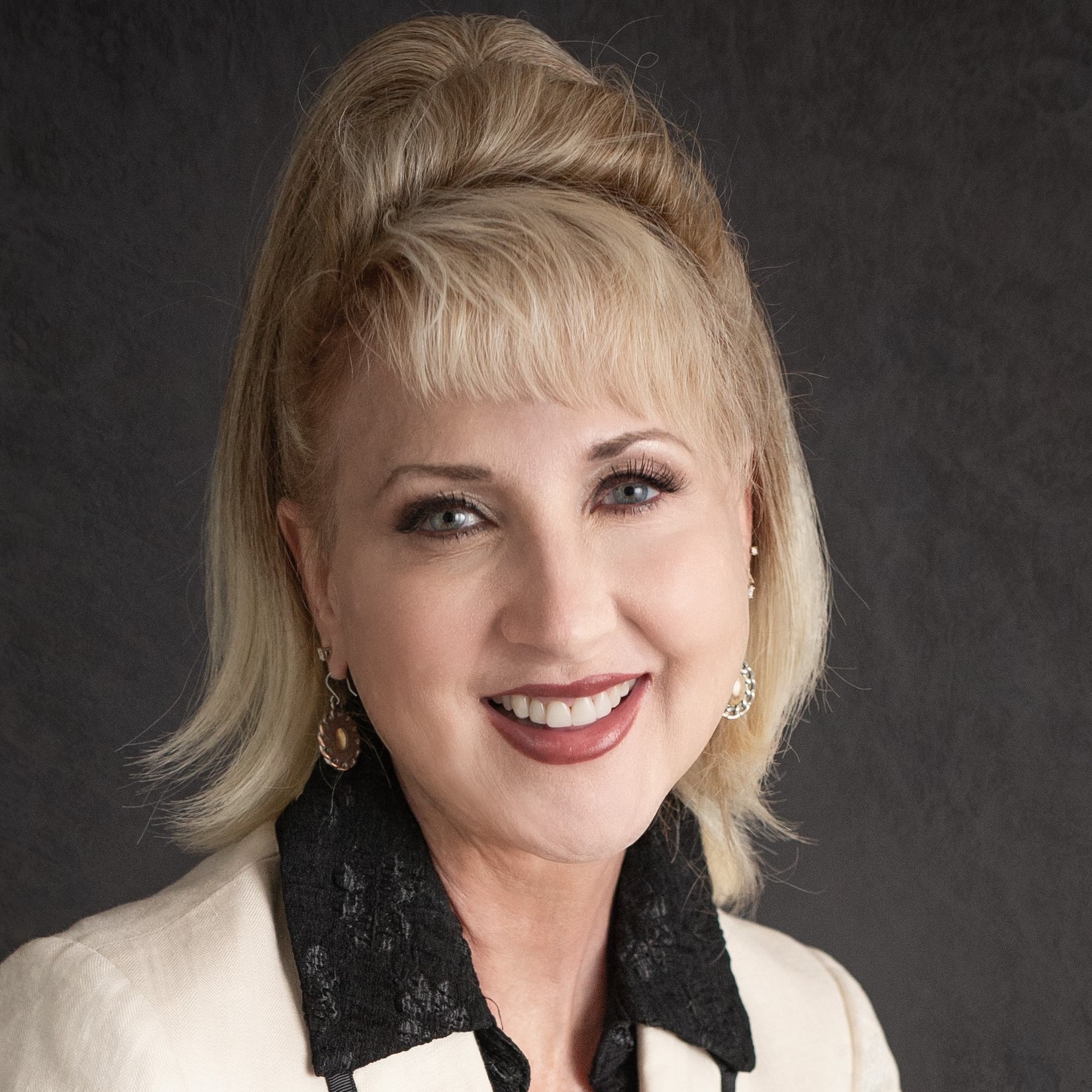Episodes

Monday Jun 12, 2023
Letting Go
Monday Jun 12, 2023
Monday Jun 12, 2023
Inspired by a listener’s request, today Cinthia discussed how to let go, applying it to various kinds and levels of loss: the loss of something or someone to which we have become attached, someone or something we loved, something for which we hoped, something on which our hearts were set, something to which we so looked forward, something we enjoyed, etc. How do we move forward when the object of our desire is gone?
The answer is the grief and loss process. Cinthia begins with John 11:35 in which Jesus weeps at the death of His friend Lazarus. He stops and takes time for this. God understands the physical need for tears. Dr. William of the St Paul-Ramsey Medical Center found that tear composition varies according to the cause of our tears. Those that stem from emotion differ from irritant-based by containing more protein-based hormones, which are actually natural pain killers, so that emotionally-based tears actually help us heal and to feel better. When we are willing to cry over the loss, we physically release enzymes from our bodies. Jesus allowed Himself to cry, and it likely strengthened Him for the work He was about to do. Cinthia also points out that Lazarus’s death likely impacted the entire community and that the faith of some felt shattered since their expectations of Jesus were disappointed. People were questioning why Jesus didn’t heal Lazarus, just as we all struggle when dealing with the living God: why are His ways so different from ours, and how do we trust Him when we don’t understand what He is doing?
Cinthia encourages us not to minimize our pain, even if our own feelings surprise us. Grief can blindside us, even when we knew it was coming. We can’t always decide how we are going to feel about something. We can even be shocked about how much it hurts or how much it affects us. What one person needs to cry about is different than what another may need to cry about. We need to honor our own and one another’s pain and help each other move through it. All each of us can do is to be the best version of ourselves while we weep, wail, and fall apart. Cinthia states, “The enemy of our soul wants us to minimize our pain and maximize our pleasure as a way to thwart the process of a full, rich, and abundant life…. The intention is impeding the process of healing and, thereby, stealing all that is good.” She also states, “The grief and loss process is important no matter what size the loss is.”
Acknowledging our grief is not the same as allowing the pain to become our identity or using it as tacit permission to behave in ways we know are wrong – we still have to do life, and we should help each other continue to move forward. At the same time that we want to get rid of the pain, we may also have a hard time letting go of the pain since it can seem like the only link we have left to the one or the thing that has been lost. But this, also, is short-circuiting the acceptance process.
We all want to avoid the pain, not go through it. We all want to find a different way. But the only way out of it is through it. We cannot even “skirt around the edges” of our grief, though we may sometimes need to “dose ourselves” with small steps so we do not become thoroughly overwhelmed. Pain demands a response, regardless of its size, cause, etc. Some grief processes are small and short, while others last for a lifetime. God can use all of them for our good, though this does not necessarily mean that He caused the tragedy in order to teach us something, etc. Cinthia discussed the “weeping and wailing women,” reading from the Message version Jeremiah 9:16 and several verses following. The weeping and wailing women were to be called to help everyone in the community access their own tears so that they could truly lament and heal. We do better if we cry together. The world hardens us, and we help each other cry.
Cinthia discussed Kubler-Ross’s five stages of grief (i.e., shock and denial, anger, bargaining, sadness/mourning/depression, and acceptance), maladaptive coping skills that help us avoid or ignore our grief process (e.g., drinking, smoking, overeating/sleeping/watching television, rage, avoidance, addictions/compulsions, aggression, minimizing, rationalizing, lethargy, etc.), roadblocks to processing grief (e.g., not recognizing change has happened, not accepting it, not expecting to have to mourn certain losses, feelings of anger, rejection, guilt, regret, shame over stigma that makes us not want to draw attention to the loss, previous losses that are unresolved, fear of exploring feelings, not wanting to upset or add grief to others, not wanting others to feel bad for us or to increase family pain, complicated grief from prior overdependence so that loss of self occurs with loss of another person, hanging onto grief to avoid the finality of loss, sex roles and cultural conditioning, not knowing how to appropriately grieve), and elements of mourning, which is active participation in the grief and loss process (e.g., acknowledging the reality of the loss, embracing the pain of the loss, needing to remember, and allowing our sense of identity to adjust in a limited way). She acknowledged that, when loss is deep as in the loss of a cherished loved one, we heal but do not “get over it.” We are never the same, and, while identity is fixed, we have to accept certain changes in ourselves.
Cinthia also discussed forgiveness of whoever or whatever supported the loss; this may be a person, our own body, or even God. The concept of “forgiving” God is tricky because His ways are right, but we can still “hurt our feelings on Him,” becoming upset because He didn’t do what we thought He should or would do. God knows and understands. Talk to Him about this. He wants friendship with you. “God always gives the best to those who leave the choice to Him.” -Selwyn Hughes.
Resisting grief can get us stuck. It is impossible to rush to acceptance. “We can’t think our way through grief,” stated Cinthia. We can shelve certain feelings at times to function in life, but we still need to be honest with ourselves about the state of our feelings and thoughts underneath our compartmentalization. The bigger the loss, the more we may want to ignore it, but the real goal is to effectively manage the stress and pain. Cinthia shared the poem “Along the Road” by Robert Browning Hamilton and encouraged us to be willing to walk a mile with sorrow.

